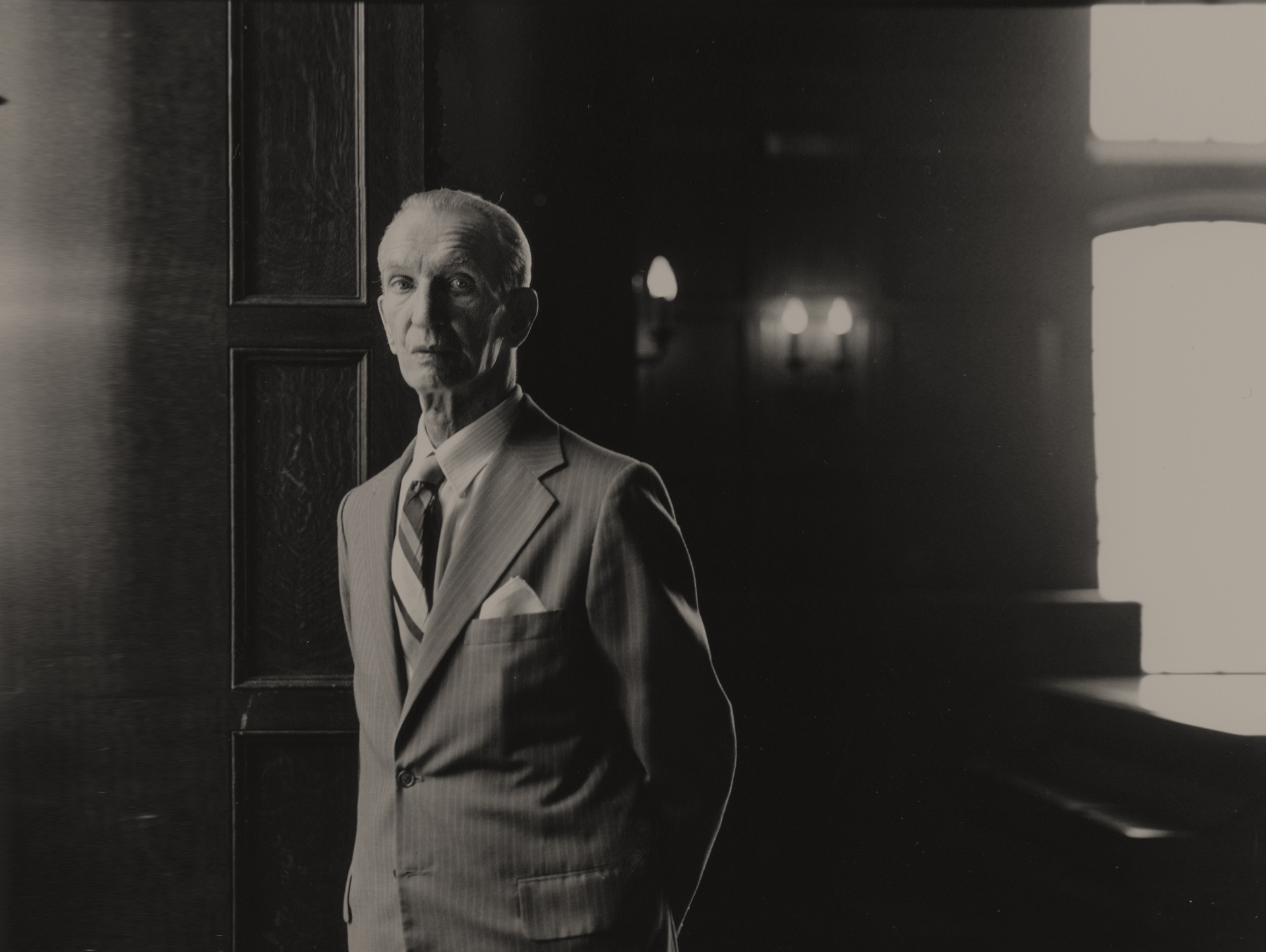If danger was a constant specter to underground workers, poverty was even more so: poverty and the malnutrition which had increased in Poland by the deliberate design of the Germans to a point where the health of the entire nation was seriously threatened. To facilitate requisition of the entire agricultural output of Poland, the Germans had forbidden the importation of foodstuffs from the country into the cities. Food cards were issued to urban dwellers for a ration that was not enough to keep anyone alive, much less in good health. The black market was indispensable to perform this function although the prices were far beyond the range most people could afford. Nor could the Underground supply us with even enough to maintain a minimum standard of living.
I received, for instance, four hundred and fifty zloty a month, although the barest subsistence level required the expenditure of a thousand. The prices of even staple articles like bread or potatoes had gone to thirty times as high as they had been in 1939. A kilo of bacon cost fully sixty times as much as it had formerly.The standard of living became absolutely primitive. Nevertheless, we were all hungry nearly all of the time. Everyone fended for himself and did what he could to get by.
Mrs. Nowak had, in any case, enough to do merely to keep herself and her son Zygmus alive. She spent whole days in Warsaw hunting for a bargain in bread or a pinch of margarine for the child, and other days taking long, arduous hikes into the country in search of flour, cereal, or a piece of bacon. In the early stages of the war, she had sold nearly every article of value to pay for food for the two of them. Later she began to buy tobacco from the peasants and, with the help of Zygmus, manufactured cigarettes and sold them to her friends and stores in what were, of course, ‘black market’ transactions.
In addition to these activities were many toilsome hours of cooking, cleaning, chopping wood, boxes, and her own furniture, when necessary, for fuel – besides looking after the welfare and education of her son – problems which were a constant anxiety and torment to her.



